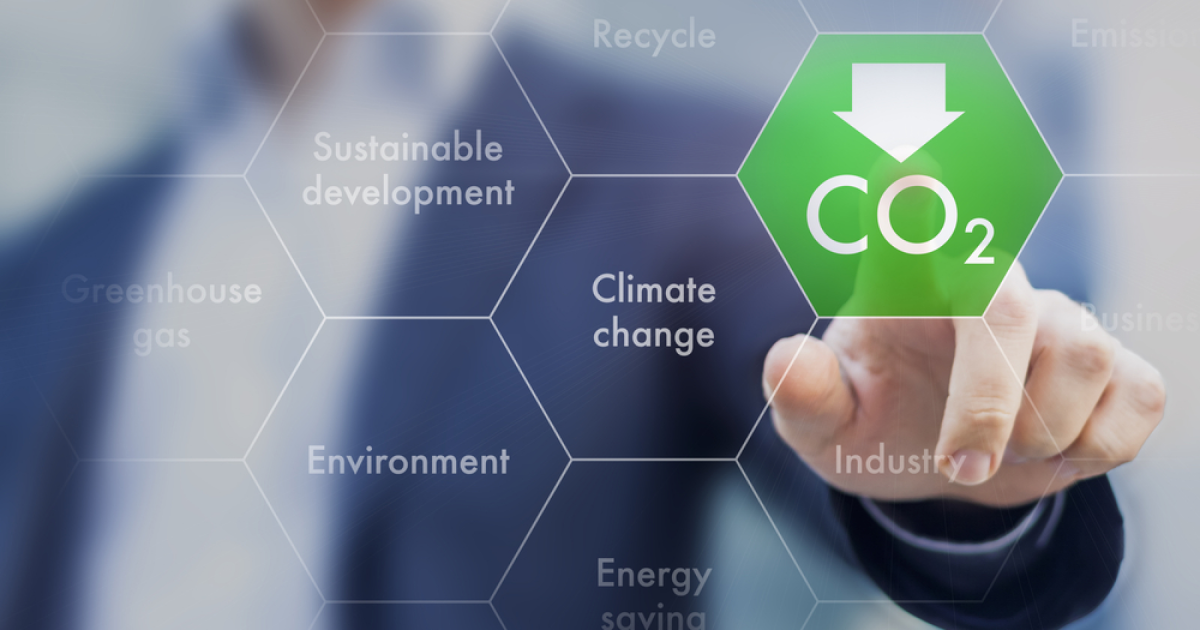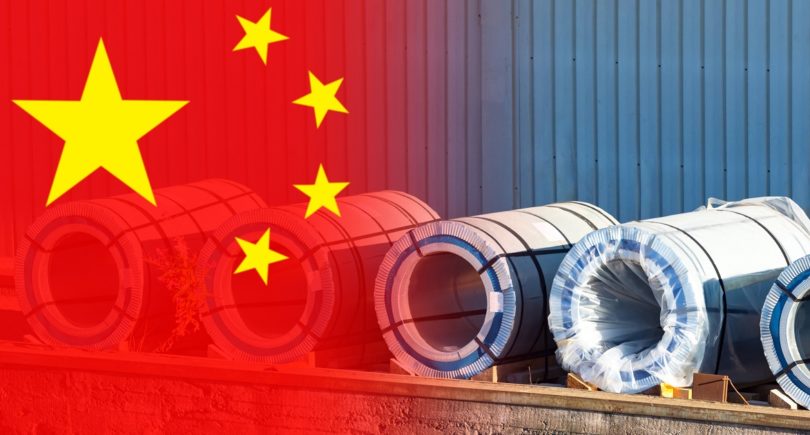
News Global Market CBAM 488 04 December 2023
Market participants do not receive the necessary explanations regarding the mechanism
The introduction of the European Carbon Border Adjustment Mechanism (CBAM) on October 1, 2023, is causing difficulties for traders, Eurometal reports citing Kallanish.
According to Alexander M. Julius of the German trading company Macrometal, who spoke at the specialized event, the start of this process was an exemplary example of «how not to do it.» He noted that as of October 1, customs did not have a ready-made system and could not inform traders what exactly was required of them. He cited Germany as an example of such a “mess”, as Berlin has not yet decided which agencies are responsible for CBAM.
As a positive trend, Julius cited meetings with companies in the Middle East and the fact that they are well prepared and making significant efforts to measure emissions in detail. He expressed optimism that plants with a strong interest in the European market will comply with the requirements.
However, the introduction of CBAM means a lot of extra work for the trader on the receiving end. However, as Marwan El Dagma, CEO of Primex Steel, noted, traders will have to do this work and help customers get through it.
At the end of October 2023, the Spanish steel producers’ association Unesid expressed concern about the lack of a competent administration in the country to manage the issues arising from CBAM. The association’s CEO Andres Barcelo believes that the market has many doubts about the methods of action. Although the European Commission has published some clarifying guidelines, these issues are not clear enough.
As GMK Center reported earlier, EU steel market participants are weighing the challenges of implementing the cross-border carbon adjustment mechanism. They are concerned about the unpredictability of carbon costs and the inability to verify the accuracy of emissions information provided by sellers.



